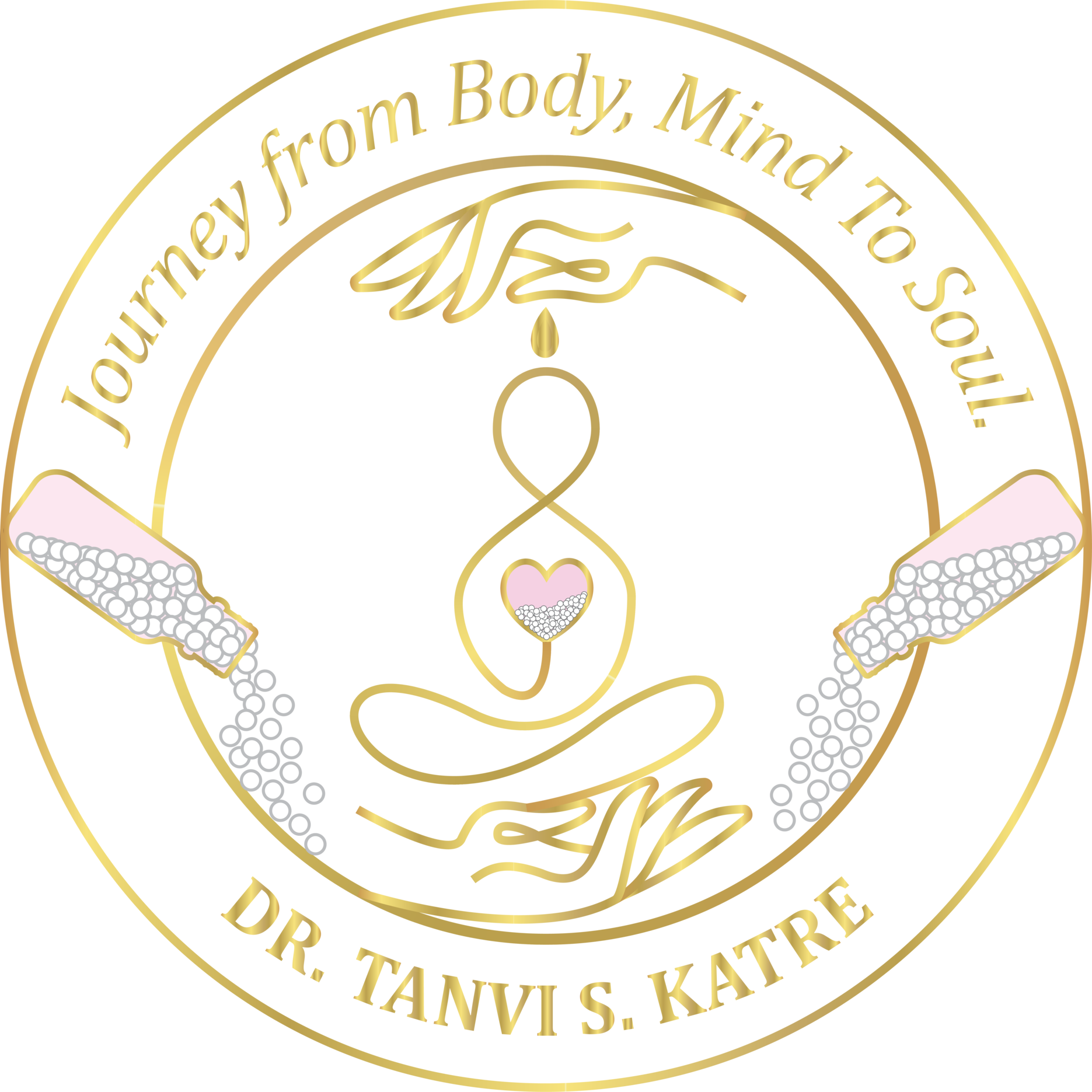Gastrointestinal Disorders
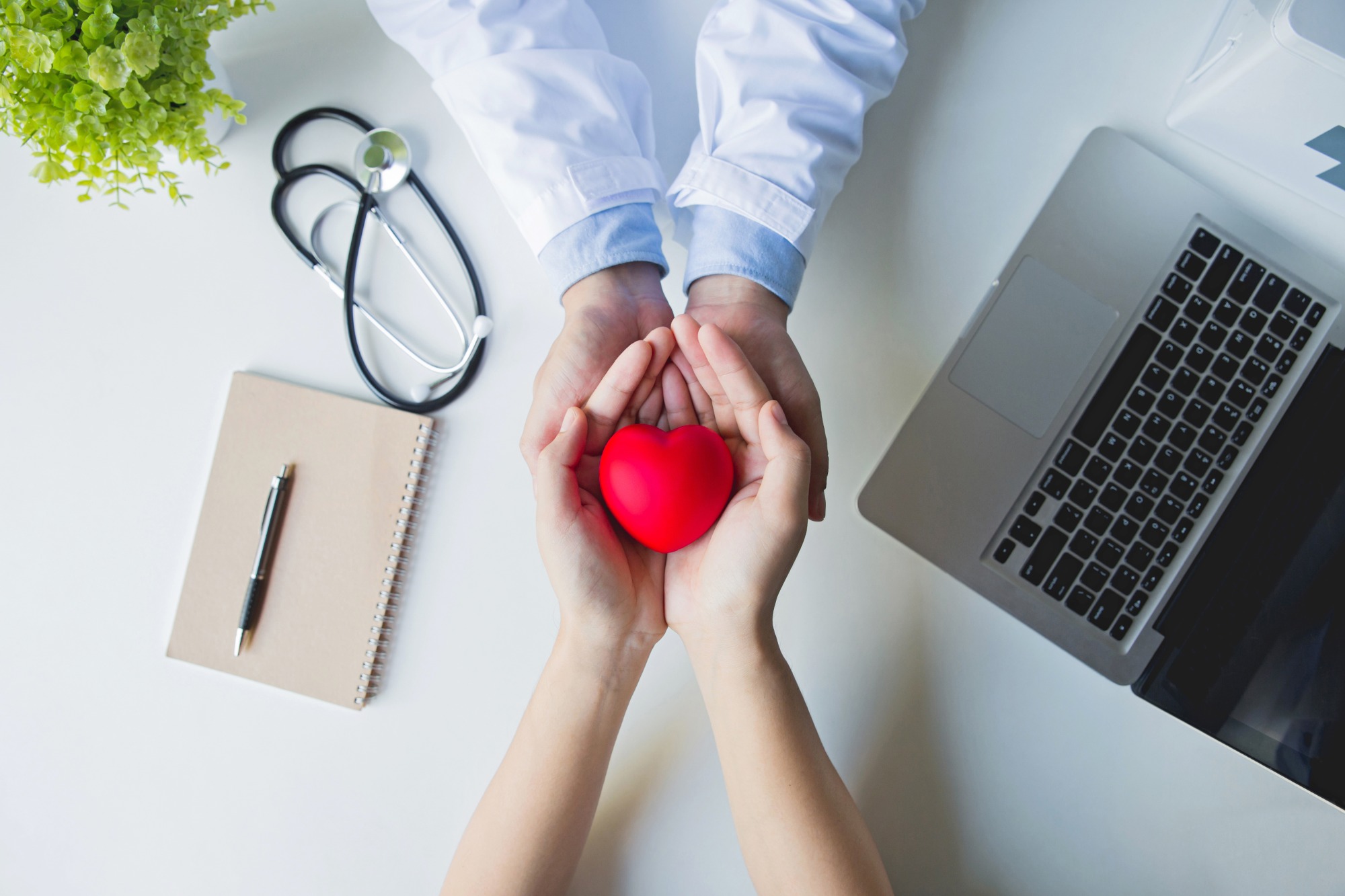
Gastrointestinal Disorders

What is Acidity/ Indigestion?
Acidity/Indigestion is defined as a persistent or recurrent pain or discomfort in the upper abdomen when your stomach is digesting.
Signs & Symptoms of Acidity/Indigestion
The symptoms of indigestion include:
- Burning in the stomach or upper abdomen
- Abdominal pain
- Bloating (full feeling)
- Belching and gas
- Nausea and vomiting
- Acidic taste
- Growling stomach
.jpg)
What is GORD/GERD?
Gastroesophageal reflux disease or GERD/GORD is a digestive disorder that affects the ring of muscle between your esophagus and your stomach, known as the lower esophageal sphincter (LES). It occurs when stomach acid repeatedly flows back into the tube connecting your mouth and stomach (esophagus), leading to irritation of the esophageal lining.
Signs & Symptoms of GERD/GORD
Common signs and symptoms of GERD/GORD include:
- A burning sensation in your chest (heartburn), usually after eating, which might be worse at night or while lying down
- Backwash (regurgitation) of food or sour liquid
- Upper abdominal or chest pain
- Trouble swallowing (dysphagia)
- Sensation of a lump in your throat
If you have nighttime acid reflux, you might also experience:
- An ongoing cough
- Inflammation of the vocal cords (laryngitis)
- New or worsening asthma
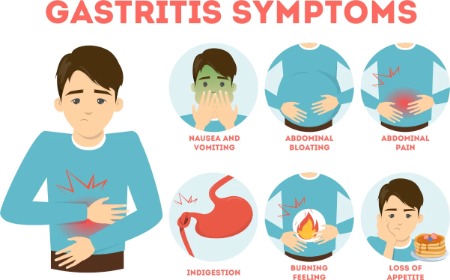
What is Gastritis?
Gastritis is an inflammation, irritation, or erosion of the lining of the stomach. It can occur suddenly (acute) or gradually (chronic).
Signs & Symptoms of Gastritis
Symptoms of gastritis vary among individuals, and in many people, there are no symptoms. However, the most common symptoms include:
- Nausea or recurrent upset stomach
- Abdominal bloating
- Abdominal pain
- Vomiting
- Indigestion
- Burning or gnawing feeling in the stomach between meals or at night
- Hiccups
- Loss of appetite
- Vomiting blood or coffee ground-like material
- Black, tarry stools
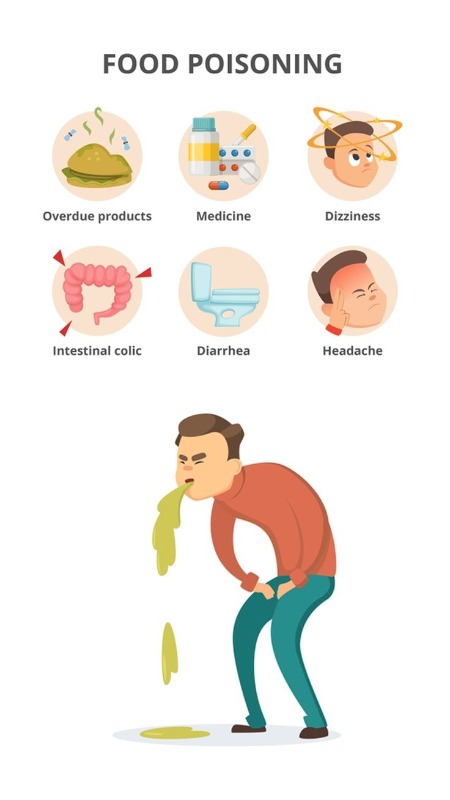
What is Food Poisoning?
Food poisoning, a type of foodborne illness, is a sickness people get from something they ate or drank. The causes are germs or other harmful things in the food or beverage.
Signs & Symptoms of Food Poisoning
Symptoms of food poisoning vary depending on what is causing the illness. They may begin within a few hours or a few weeks depending on the cause. Common symptoms include:
- Upset stomach.
- Vomiting.
- Diarrhoea.
- Diarrhoea with bloody stools.
- Stomach pain and cramps.
- Fever.
- Headache.
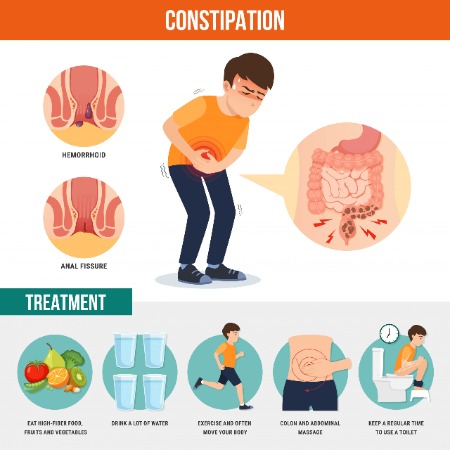
What Is Constipation?
Constipation occurs when your bowel movements become less frequent and stools become difficult to pass. It happens most often due to changes in diet or routine, or due to inadequate intake of fibers.
Signs & Symptoms of Constipation
You may experience the following signs and symptoms of constipation:
- Few bowel movements
- Trouble having a bowel movement (straining to go)
- Hard or small stools
- A feeling that everything didn’t come out
- Belly bloating
.jpg)
What is IBS ?
Irritable bowel syndrome (IBS) is a common disorder that affects the stomach and intestines, also called the gastrointestinal tract.
Signs & Symptoms of IBS
Symptoms of IBS include:
- Abdominal pain or cramps, usually in the lower half of the abdomen.
- Bloating.
- Bowel movements that are harder or looser than usual.
- Diarrhoea, Constipation or alternating between the two.
- Excess gas.
- Mucus in your poop (may look whitish).
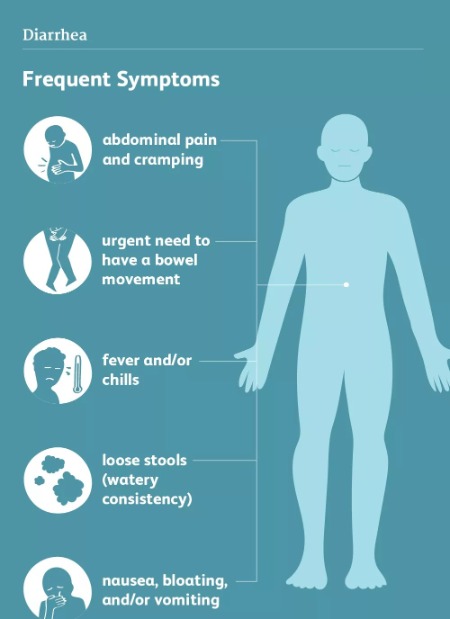
What is Diarrhoea?
Diarrhoea is characterized by loose, watery, and more frequent bowel movements.
Signs & Symptoms of Diarrhoea
Symptoms associated with diarrhoea (loose, watery stools) may include:
- Belly cramps or pain.
- Bloating.
- Nausea.
- Vomiting.
- Fever.
- Blood in the stool.
- Mucus in the stool.
- Urgent need to have a bowel movement.
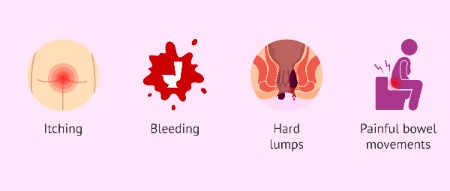
What are Piles( Haemorrhoids)?
Haemorrhoids are swollen veins, similar to varicose veins, in the lowest part of your rectum and anus. Sometimes, the walls of these blood vessels stretch so thin that the veins bulge and get irritated, especially when you poop. You might also hear them called piles.
Signs & Symptoms of Piles (Haemorrhoids)
Internal hemorrhoids lie inside the rectum. You usually can't see or feel them, and they rarely cause discomfort. But straining or irritation when passing stool can cause:
- Painless bleeding during bowel movements. You might notice small amounts of bright red blood on your toilet tissue or in the toilet.
- A hemorrhoid to push through the anal opening, called a prolapsed or protruding hemorrhoid. This may result in pain and irritation.
External hemorrhoids are under the skin around the anus. Symptoms might include:
- Itching or irritation in the anal region.
- Pain or discomfort.
- Swelling around the anus.
- Bleeding.
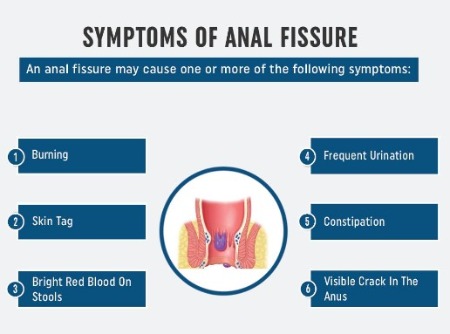
What are Anal Fissures?
An anal fissure is a crack or tear in the lining of your anal canal. It’s a common cause of anal pain and rectal bleeding, especially during bowel movements (pooping). Anal trauma usually causes a fissure, especially from straining to pass hard stools.
Signs & Symptoms Of Anal Fissures
Symptoms of an anal fissure include:
- Pain during bowel movements.
- Pain after bowel movements that can last up to several hours.
- Bright red blood on the stool or toilet paper after a bowel movement.
- A visible crack in the skin around the anus.
- A small lump or skin tag on the skin near the anal fissure.
